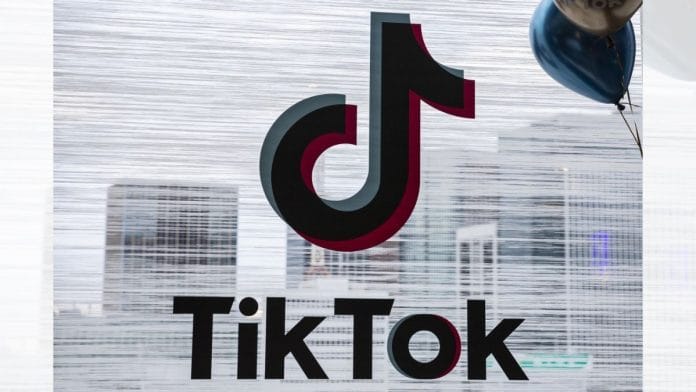New Delhi: Video-sharing platform TikTok received the highest number of legal requests for user information as well as for content removal from India this year, according to its transparency report for 2019. The app, popular among teenagers across the world, released the report on 30 December.
TikTok received a total of 99 legal requests for user information from India and 11 requests from the Indian government for content removal between 1 January 2019 and 30 June 2019, says the report. In both categories, the most number of requests came from India.
While sending the 99 legal requests, India specified 143 accounts. The US ranks second with 68 legal requests and Japan third with 28.
In the category of requests for content removal, too, the US and Japan follow India with six and three requests, respectively.
The report also quotes that the app receives legal requests from various official bodies asking for user information in case of criminal cases or other emergency requests. It takes “any request from government bodies extremely seriously, and closely review each such request”, claimed the app.
Out of 27 countries listed in the report, Canada is the only country that did not send any legal request.
The report also said TikTok received government requests to remove or restrict content only from nine countries — Australia, France, Germany, India, Israel, Italy, Japan, United Kingdom, United States.
TikTok’s Indian market
Owned by Chinese company Bytedance Inc., the app has 680 million users and it crossed 1.5 billion downloads in November 2019, according to SensorTower. The app has 41 per cent of its users between the age of 16-24 years.
According to a Delhi-based research firm KalaGato, TikTok expanded its reach to 30% smartphones in a period of 18 months since January 2018. The app has nearly 120 million users in India, the highest among countries where TikTok has its presence.
The app has often found itself mired in controversy. It was earlier removed from Google Play and Apple app stores in India after an order of the Madras High Court owing to ‘cultural degradation’ and spread of explicit content.
In November 2019, the app had removed a video of a US teen who was giving a makeup tutorial while talking about how Muslims were being treated in China. Later, the app apologised for taking down the video.






